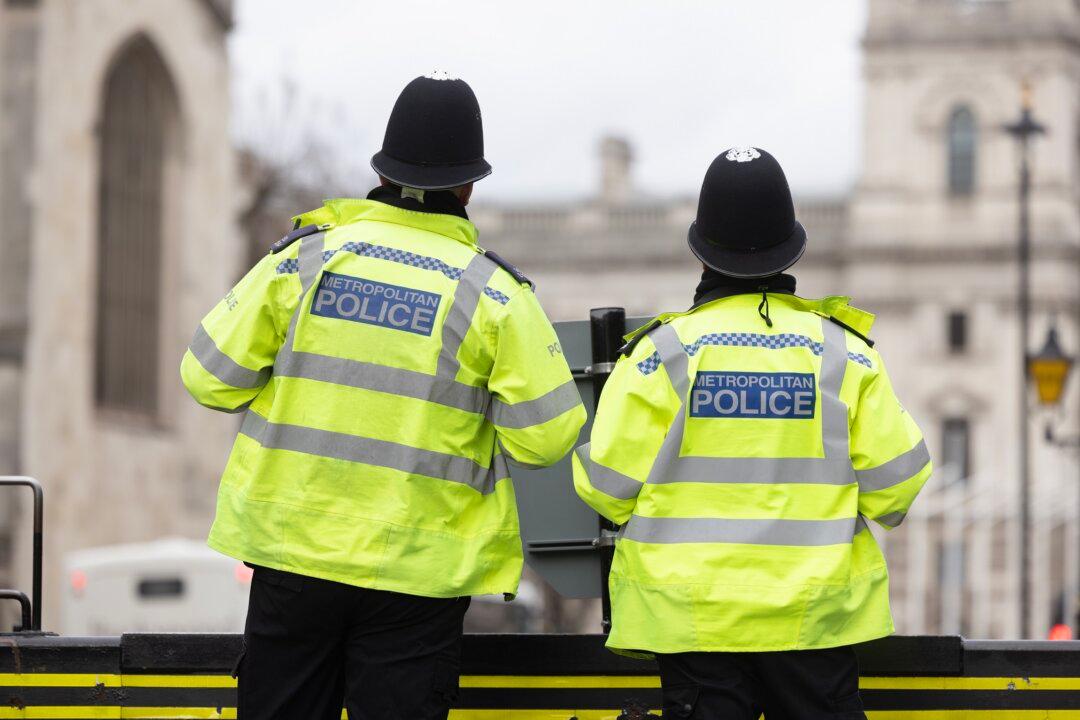Domestic abusers will face stronger restrictions to stop them from harassing their victims under new restraining orders, launched by the Home Office and the Ministry of Justice.
Domestic abuse protection notices and orders (DAPNs and DAPOs), which are being introduced on Wednesday, will be trialled in parts of England and Wales before a nationwide rollout.
The orders, legislated for by the previous government in 2021, are meant to provide immediate protection to victims of all forms of domestic abuse.
This includes stopping a perpetrator from coming within a specified distance of a victim’s home. Another measure is electronic “tagging,” including the use of GPS tags to track offenders and ensure compliance.
Police officers issue a DAPN when there are reasonable grounds to believe that a person has been abusive towards another person who is aged 16 or over.
If the police issue a DAPN, they will then also apply for a DAPO, which will usually be reviewed by the magistrates’ court within 48 hours.
A DAPN is legally binding, and if perpetrators fail to follow its condition, they can be arrested and brought before a court. Breaches of a DAPO are a criminal offence and can result in a prison sentence of up to five years, a fine, or both.
“We’re also strengthening our support for victims-survivors of domestic abuse and using new data-led technology to catch perpetrators and bring them to justice.”
From Wednesday, the DAPNs and DAPOs will be piloted in London boroughs of Croydon, Sutton, and Bromley, as well as Greater Manchester.
The British Transport Police are also able to apply for a DAPO.
Breaking the Cycle
Figures by the Crime Survey for England and Wales, released on Wednesday, estimated that 2.3 million people aged 16 years and over experienced domestic abuse in the year to March 2024.Out of these, 1.6 million were women and 712,000 were men.
Minister for Safeguarding and Violence Against Women and Girls Jess Phillips said in a statement: “More than two million people are estimated to have experienced domestic abuse in the last year – a number that is appalling, frightening and we are determined to change.
“That’s why one of our first acts to deliver against our ambitious manifesto pledge to halve violence against women and girls in a decade is to launch new, strengthened Domestic Abuse Protection Orders.
“By bringing together the strongest elements of existing orders into a flexible order that covers all forms of domestic abuse and has no time limit, we’ll ensure more victims receive the robust protection they deserve.”
Under the initiative, family courts will be able for the first time to force abusers to wear electronic tags.
Another innovation is that a third party can make a DAPO on behalf of the victim. This could include a family member, a friend, or a social worker.
Assistant Chief Constable Tom Harding, director of operational standards at the College of Policing, said the new legal tools piloted by the Home Office will help the police to break the cycle of domestic abuse.
“More wide-ranging than Domestic Violence Protection Orders, DAPNs and DAPOs offer an effective way of protecting victims and can provide a series of robust conditions that perpetrators must follow, or face the prospect of arrest,” he said.
The College of Policing said that if successful, DAPNs and DAPOs will become the go-to protective order for domestic abuse cases.
“This will give police a tool that is more effective and provides longer-term protection to victims of domestic abuse and their children,” it said in a statement.







